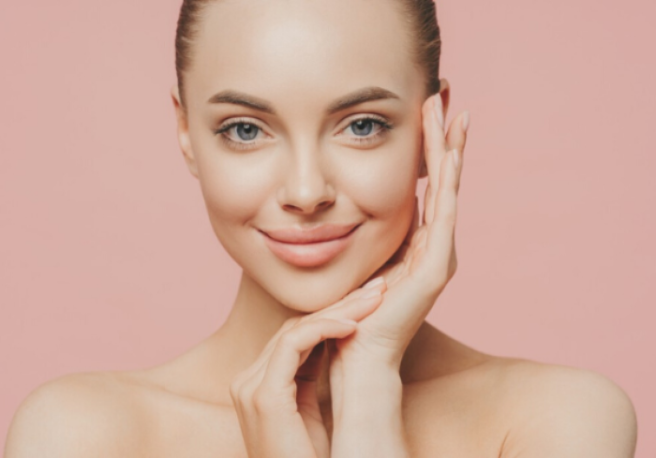
Retinol: Different strengths for different types of skin
By now you’ve probably heard of the supposed dream miracle skin cure that everyone’s been talking about. The retinol craze is sweeping the skincare industry, morphing from a product used for severe acne outbreaks into a key aspect of many skin type’s skincare routine.
I started using retinol about five months ago, and haven’t looked back since. My skin has had a lot of ups and downs the last few years, between major outbreaks to overproduction of oil to leftover pigmentation. I had accepted the fact that I may be stuck with the scars and aftermath of my outbreak for years until I came across a dermatologist speaking about retinol of Instagram.
My pigmentation showed up dark and evident and I couldn’t figure out how to get rid of it. I had found some products, through much experimentation and found that natural products worked well with my oily skin and things like vitamin C was good for helping a little with pigmentation, but my skin still felt dull and uncooperative. My scars and pigmentation were showing up like never before, my blackheads were unbelievably persistent and no matter what combo of products I used, nothing seemed to be working.
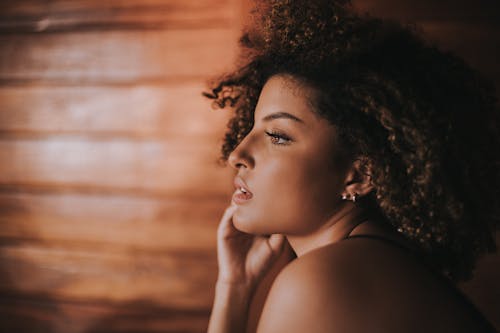
I had resigned myself to a life of semi-okay semi-bad skin, until I heard the magic word; Retinol.
I had initially heard about this derivative as something that people with severe acne and much older women should be using to deal with drastic breakouts and lines, so I was confused when I saw women my own age recommending it. Surely it was too strong for skin that was young and relatively unblemished?
But I began to hear more and more talk of it being used as a topical treatment, and then about it being beneficial to introduce it into your skincare routine in your mid-twenties. Turns out, there’s different grades of retinol that vary in strength and they each have a different application for different skin types.
(Note, if you have sensitive skin, suffer from rosacea, eczema, psoriasis, inflammation, dryness, sensitivity or a delicate complexion, it is not advised that you use retinol as it may irritate already sensitive skin. Always do a patch test before using a product.)

Retinol is a form of retinoids, which varies in strength. It’s a derivative of Vitamin A and the strength of the form of retinoid depends on the concentration of the Vitamin A present. Their order of strength from strongest (top) to weakest (bottom) is;
• Reinoic/Retinoic acid (also known as Retin-A or Tretinoin) which is prescription grade and is used to treat severe acne as well as ageing.
• Retinaldehyde
• Retinol
• Retinol esters (like retinyl palmitate).
Because this derivative is a very strong substance, it needs to be mixed with something else, and shouldn’t be applied directly to the skin like a toner. It’s much more powerful than that. Its benefits include;
• Improved cell turnover
• Collagen stimulation
• Increased elastin production
• Increase firmness and plumpness
• Improve uneven skin tone
• Treat pigmentation
• Smooth skin surface
Because it’s so strong, you need to give you skin time to adjust to the introduction of this product. It’s recommended that it’s only used once or twice a week at first in order to allow your skin to adjust and to avoid flaking, redness and drying out the skin. Avoid using it on places where the skin is thin, like your undereyes and around the nostrils.
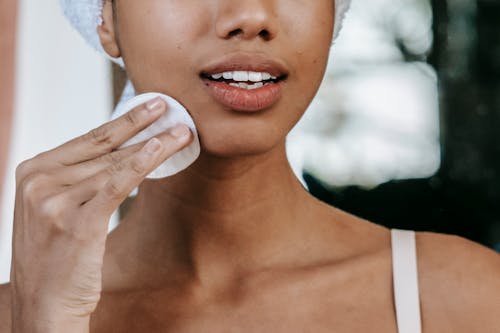
Dr. Laura, an Instagram GP and skin health expert spoke about the benefits of trying out retinol in a recent Instagram post.
‘Retinol or prescription strength tretinoin (Retin-A) are derivatives of Vitamin A. Initially used by dermatologists to treat acne, they found it had a number of other benefits for their patients as well. Overall people who use retinol or tretinoin report their skin looks brighter, smoother & younger looking. What’s not to love right?’
A retinoid is the overall umbrella terms for these vitamin A derivatives, whereas a retinol is a much less aggressive derivative. The different grades of retinoids have different uses and you should always consult a dermatologist as to what is best for your skin.
Reinoic/Retinoic acid (also known as Retin-A or Tretinoin)
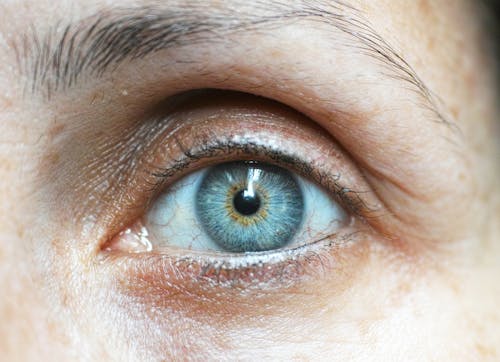
This is prescription grade retinoid and can only be used when officially recommended by your doctor. Because of the strength and concentration of vitamin A in these prescription grade retinoids, the effect is more aggressive and noticeable on the skin. It can take mere weeks to see the difference in a patient with severe acne or one who needs anti-ageing treatment, though for many there is a purging period. The skin clears itself of blockages in the pores and can cause what look like breakouts for the first 2-6 weeks of using a prescription strength retinoid.
Doctors will usually recommend starting at a lower grade retinoid and slowly building up to ones of greater strength like this. Stronger retinoids like prescription ones are usually recommended for people with younger skin that can handle more intense exfoliation, rather than more sensitive older skin. What is essential is that no matter what grade retinoid you use, you always apply SPF when using it regularly as your skin becomes increasingly sensitive to UVA and UVB burns.
Retinol/Retinyl esters
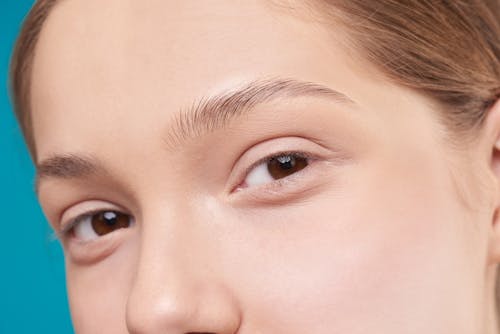
These are over the counter retinols and are a much lower grade than retinoids, meaning that it can take longer to see results. This is not necessarily a bad thing. For most of us, retinol esters is where we should be starting out. Retinol is all about building up to more concentrated formulas, rather than diving straight in. Using something too strong too soon can cause retinoid dermatitis and can irritate and hurt the skin, rather than improving it.
These over the counter products are usually paired with other ingredients designed to hydrate or brighten the skin, with a small amount of the active ingredient added in to have a gentler effect on the skin.
Be careful incorporating retinols and retinoids into your existing skincare routine as it may irritate or react badly against some of the ingredients in other products you use. Anything containing ethyl alcohol or witch hazel can react badly with retinol so be sure to read your labels. The important thing is to check with your dermatologist that you can use it safely and be sure to build slowly up to regular use and you could be reaping the benefits within a few months!






